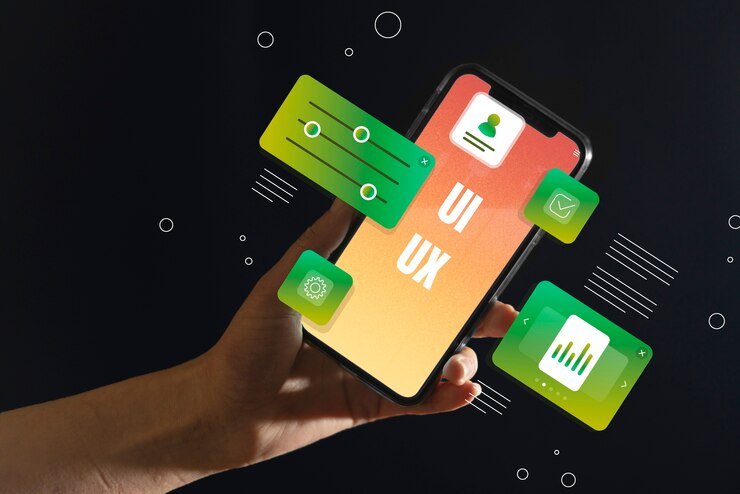Android app development is evolving rapidly. With new technologies emerging, developers are experiencing exciting changes. In 2025, we can expect even more advancements that will shape the future of Android apps. Let’s explore the key trends that will influence Android App Development in 2025.
1. AI and Machine Learning Integration
Artificial Intelligence (AI) and Machine Learning (ML) are transforming mobile apps. In 2025, Android apps will be smarter and more personalized. AI-powered chatbots, voice assistants, and predictive analytics will enhance user experience. Developers will use AI tools to automate coding, debugging, and testing processes.
2. 5G Technology Boost
The adoption of 5G networks will bring faster speeds and lower latency. Android apps will leverage 5G for improved performance. Streaming, cloud gaming, and real-time collaboration apps will see major improvements. Developers will create high-performance apps that run smoothly without delays.
3. Cross-Platform Development Growth
Developers are focusing on cross-platform solutions like Flutter and React Native. These frameworks allow them to build apps for both Android and iOS using a single codebase. In 2025, cross-platform development will be more efficient, reducing time and cost for businesses.
4. Blockchain for Secure Apps
Security is a top priority in app development. Blockchain technology will play a bigger role in 2025. It will improve security, transparency, and data privacy in Android apps. Decentralized apps (DApps) will become more common, especially in finance and healthcare.
5. Augmented Reality (AR) and Virtual Reality (VR)
AR and VR will continue to grow in Android app development. More businesses will adopt these technologies for gaming, education, and e-commerce apps. AR-powered shopping experiences and virtual training sessions will become more popular.
6. Internet of Things (IoT) Integration
IoT is connecting devices and making smart homes more efficient. Android apps will integrate with IoT devices more seamlessly in 2025. Users will control home appliances, security systems, and wearable devices using Android apps.
7. No-Code and Low-Code Platforms
The rise of no-code and low-code platforms will make app development easier. Even people with little coding knowledge can create functional apps. These platforms will help businesses launch apps faster and at lower costs.
8. Enhanced App Security
Cybersecurity threats are increasing. Developers will prioritize stronger security measures in Android apps. Multi-factor authentication, biometric logins, and end-to-end encryption will be more common. Google Play Store policies will become stricter to protect user data.
9. Cloud-Based Development
Cloud computing will continue to influence Android app development. Developers will use cloud platforms for faster development, storage, and deployment. Cloud-based apps will run smoothly on different devices without taking up much space.
10. Kotlin’s Dominance
Kotlin has become the preferred language for Android app development. In 2025, more developers will shift from Java to Kotlin. Its simplicity, efficiency, and Google support make it a strong choice for building Android apps.
Conclusion
The future of Android App Development in 2025 looks exciting. Technologies like AI, 5G, blockchain, and AR/VR will drive innovation. Developers must stay updated with these trends to build secure and high-performance apps. With rapid advancements, Android apps will continue to evolve and provide better user experiences.
FAQs
1. Why is AI important in Android app development?
AI improves user experience by offering smart recommendations, automation, and voice assistants.
2. Will 5G make Android apps better?
Yes, 5G will provide faster speeds, low latency, and better performance for Android apps.
3. What are cross-platform development benefits?
Cross-platform development saves time, reduces costs, and allows apps to run on both Android and iOS.
4. How does blockchain improve app security?
Blockchain ensures data security, transparency, and prevents unauthorized access.
5. Will Kotlin replace Java in Android development?
Kotlin is becoming the preferred language, but Java will still be used for legacy applications.
Read Dive is a leading technology blog focusing on different domains like Blockchain, AI, Chatbot, Fintech, Health Tech, Software Development and Testing. For guest blogging, please feel free to contact at readdive@gmail.com.





